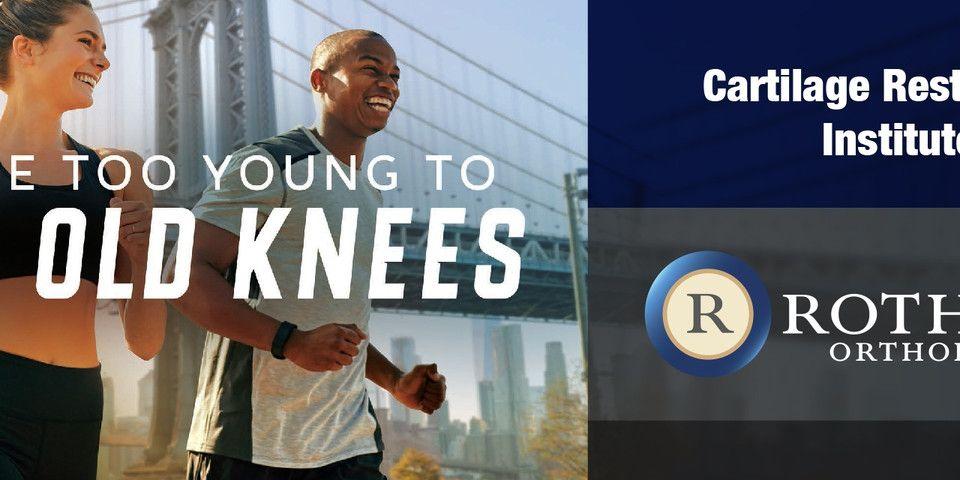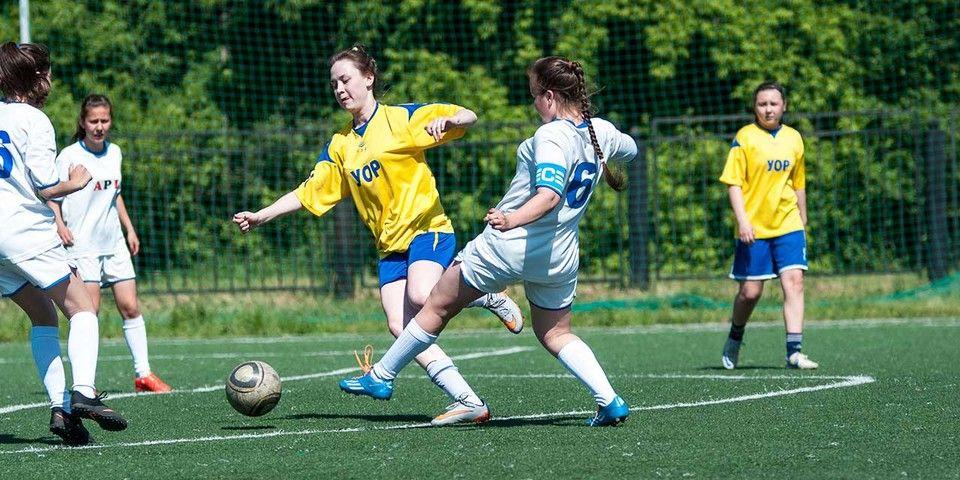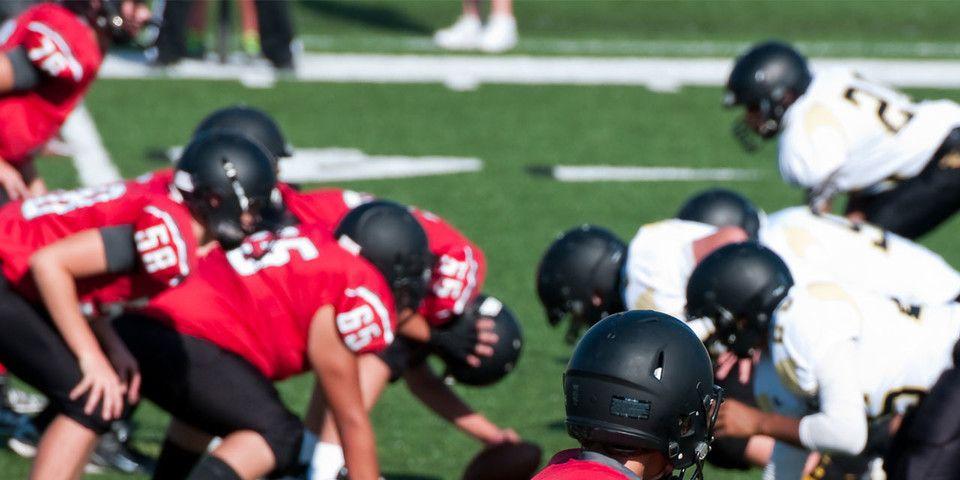Rothman Orthopaedic Institute’s Spinal Fracture Care and Prevention Guide
Rothman Orthopaedic Institute protects your back health with comprehensive preventive and surgical care.
For those who have recently experienced a spinal fracture, it may seem at first as though every aspect of your life and routine will forever be altered. However, treatments and rehabilitation allow many people with a spinal injury to lead productive, independent lives. If you or someone you love is seeking answers about spinal fracture care, Rothman Orthopaedic Institute can help with this guide for treatment and prevention.
What Is Spinal Fracture?
Spinal fractures are breaks in the bones (vertebrae) of the spinal column. Because the spinal fracture care you need will depend on the type of fracture you have, it is helpful to know what the different types of spinal fractures are:
-
Stable fracture: Any spinal fracture which does not result in deformity or nerve complications, wherein the spine can still bear and distribute the patient’s weight.
-
Unstable fracture: One which makes it difficult for the spine to carry and distribute weight; may progress and cause further damage.
-
Compression fracture: A fracture of the vertebra as a result of sudden or cumulative pressure; very common in patients with osteoporosis or other bone conditions/diseases.
-
Burst fracture: A vertebra which is fractured in multiple places as the result of trauma or crushing; because it is crushed completely, bony fragments can spread out and cause spinal cord injury.
-
Flexion-distraction fractures: Broken vertebra(e) resulting from a sudden forward movement that places incredible stress on the spine; common in car crashes and other traumatic accidents.
What Are The Symptoms?
Spinal fractures of any kind may result in one or more of the following signs and symptoms (especially if the spinal cord is also injured):
-
Pain or an intense stinging sensation which worsens with movement
-
Loss of sensation, including the ability to feel heat, cold and touch
-
Loss of bowel or bladder control
-
Exaggerated reflex activities or spasms
-
Difficulty breathing, coughing or clearing secretions from your lungs
What Can I Expect From Spinal Fracture Care?
Fractures may be managed operatively or nonoperatively, depending on the extent of spinal cord injury and the overall health of the patient. Minor fractures or those with column stability typically begin with conservative care, while major fractures or those with significant instability often require surgical intervention right away to stabilize the spinal column and prevent spinal deformity.
Non-operative spinal fracture care usually involves rest, medications, steroids, physical therapy, and the use of a spinal orthotic vest or brace to prevent rotational movement and bending, and as a reminder to the patient to minimize movement.
How Can I Prevent A Spinal Fracture?
Of course, even better than effective spinal fracture care and healing is preventing the injury from occurring in the first place. The following precautions may help reduce your risk of a spinal fracture:
-
Drive safely. Car crashes are one of the most common causes of spinal trauma. Make sure that all occupants of your vehicle wear a seatbelt every time you drive or ride.
-
Take precautions when playing sports. Always wear recommended safety gear, and avoid leading with your head whenever possible.
-
Prevent falls. Add handrails along stairways, and put non-slip mats on tile floors and in the bathroom. Use a sturdy step stool to reach objects in high places.
-
Confirm water depth before diving. Do not dive into a pool unless it is 9 feet deep or more, don't dive into an aboveground pool, and don't dive into any water with an unmarked depth.
Rothman Orthopaedic Institute physicians are some of the most experienced specialists for spinal fracture care, and we can offer comprehensive and caring treatment for you. Visit us here or contact us at 1-800-321-9999.
Related Physicians
Related Specialties
Related Conditions
Related Treatments
Related Programs
-

Cartilage Restoration Institute
This is a center where patients can go to have their disabled joint biological resurfaced, realigned, and stabilized without having the joint replaced by artificial materials such as metal and plastic. It is well known that the outcomes of patients under the age of 50 undergoing artificial joint replacement are not as good as we would like. Therefore we feel the future of Orthopaedics is to try to restore a joint back to its original anatomy by realignment, ligament reconstruction, and cartilage restoration.Read More -

Hip Arthroscopy Program
Rothman Orthopaedics is one of the nation’s leaders in the growing field of hip arthroscopy. Our program includes experienced board certified surgeons in Pennsylvania, New Jersey and Florida.Read More -

Injury Prevention Program
The Injury Prevention Program at the Rothman Orthopaedic Institute is dedicated to the prevention of injuries from athletic participation, particularly youth sports.Read More




